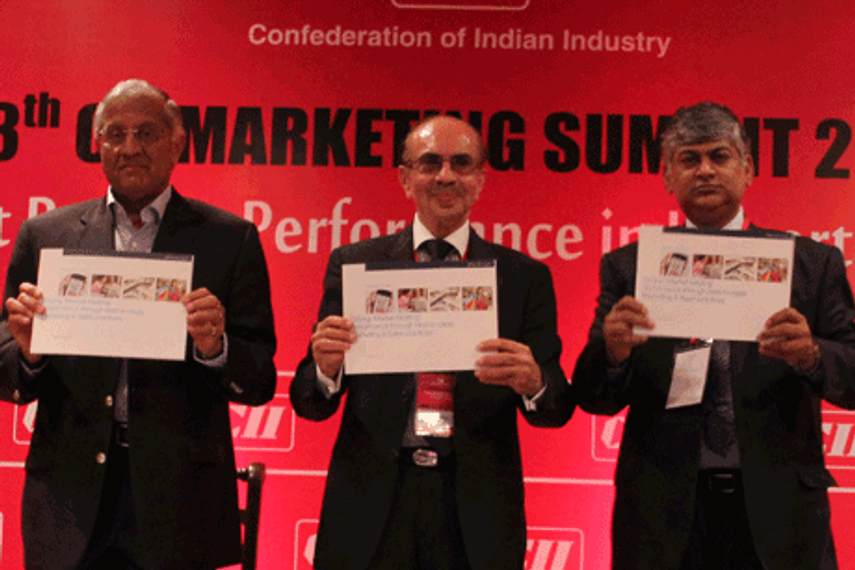
Please sign in or register
Existing users sign in here
Having trouble signing in?
Contact Customer Support at
[email protected]
or call+91 022 69047500
Thomas Varghese, Adi Godrej and R Gopalakrishnan were part of the inaugural session on 27 November

Contact Customer Support at
[email protected]
or call+91 022 69047500
Top news, insights and analysis every weekday
Sign up for Campaign Bulletins
The platform now combines its ad server and SSP to enhance programmatic efficiency for CTV and OTT players.
From gait scans to geo-targeted ads, the sporting goods group laces together tech, retail, and events to chase India’s growing base of runners.
Even as overall dealmaking declines, certain sectors such as ecommerce continue to be a major draw.
India sees 163% revenue growth from contextual marketing campaigns in 2024, according to WebEngage trends report.